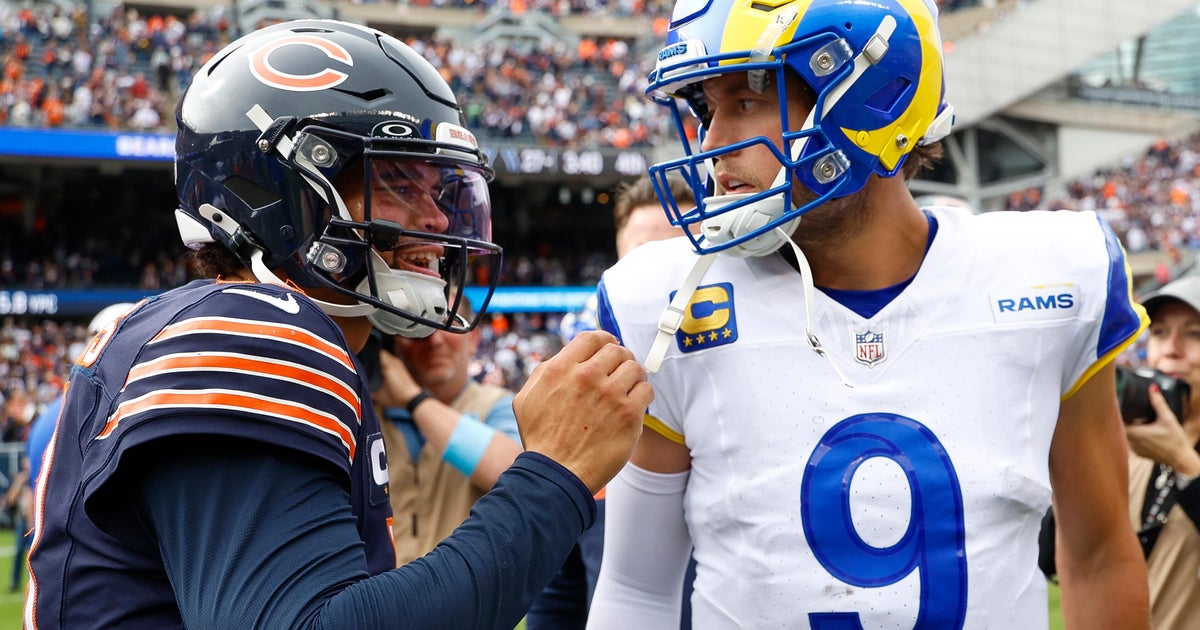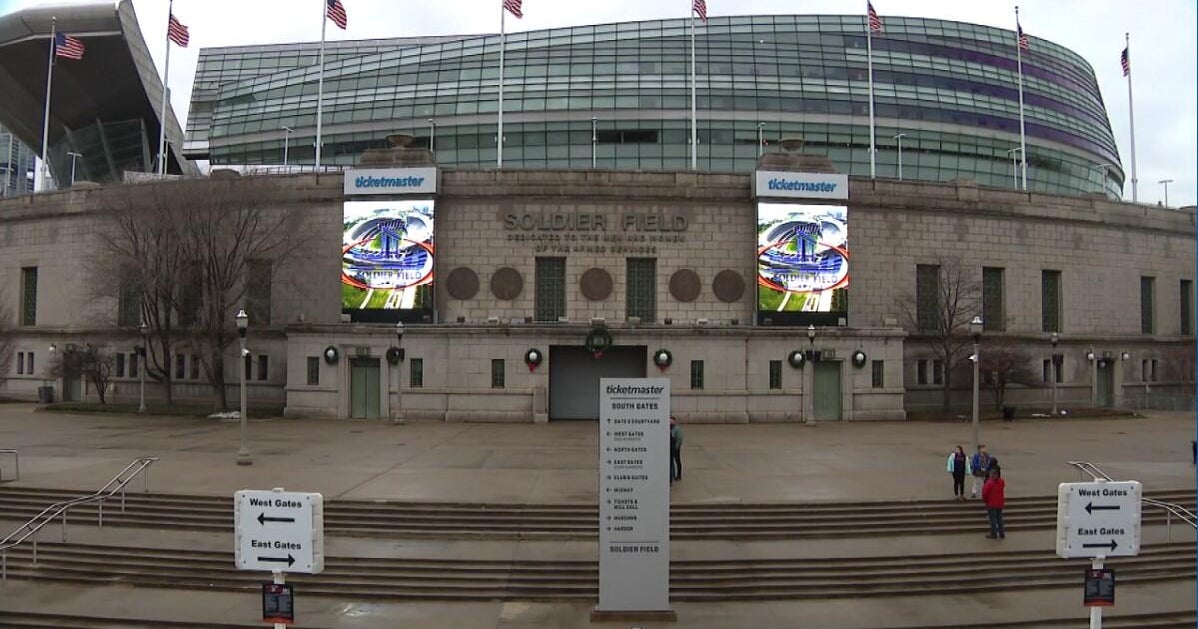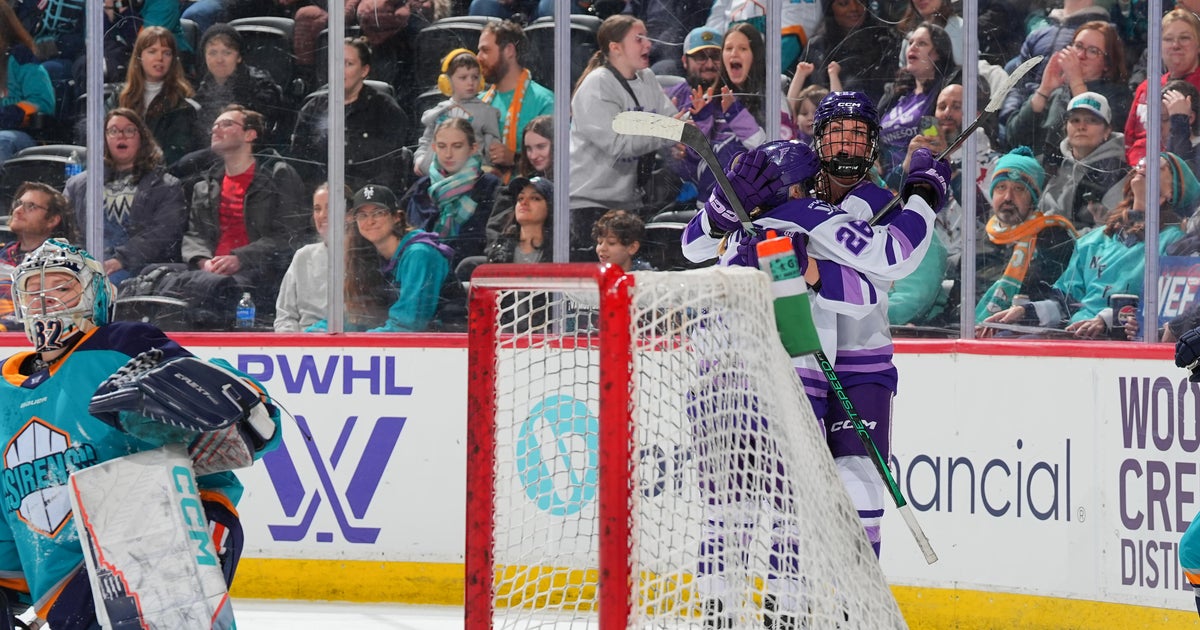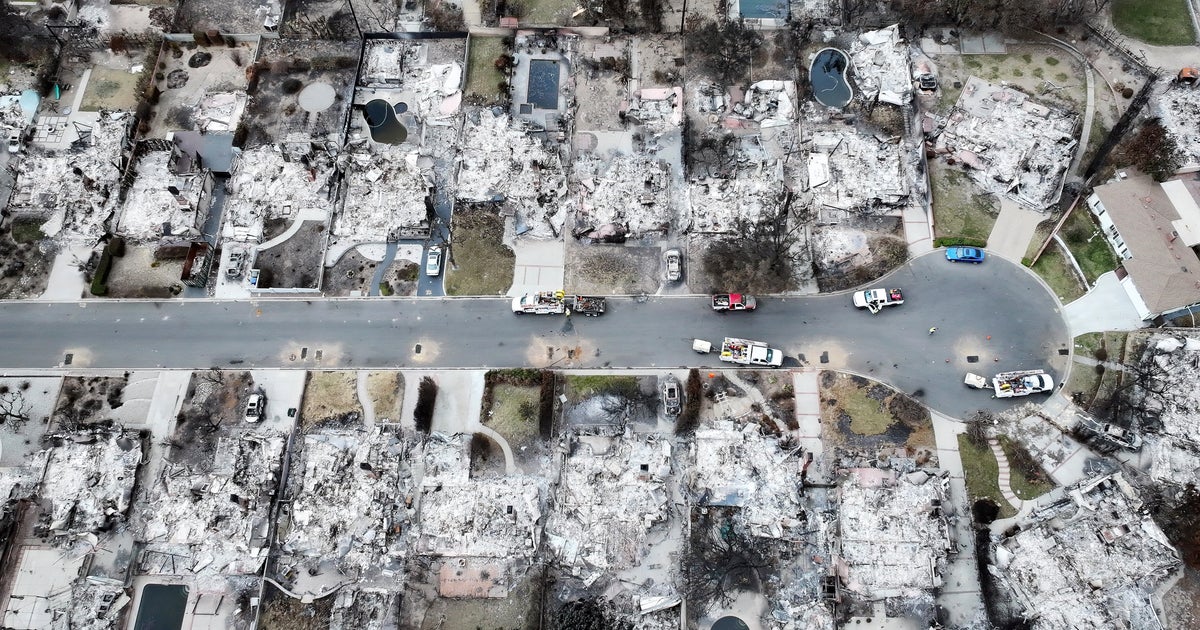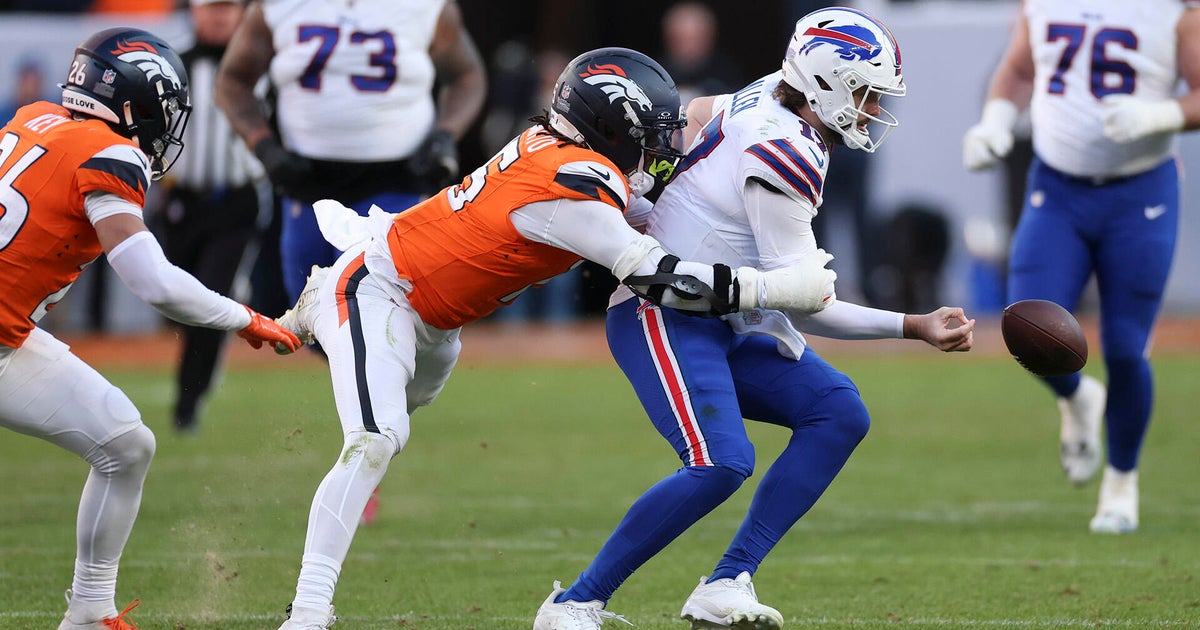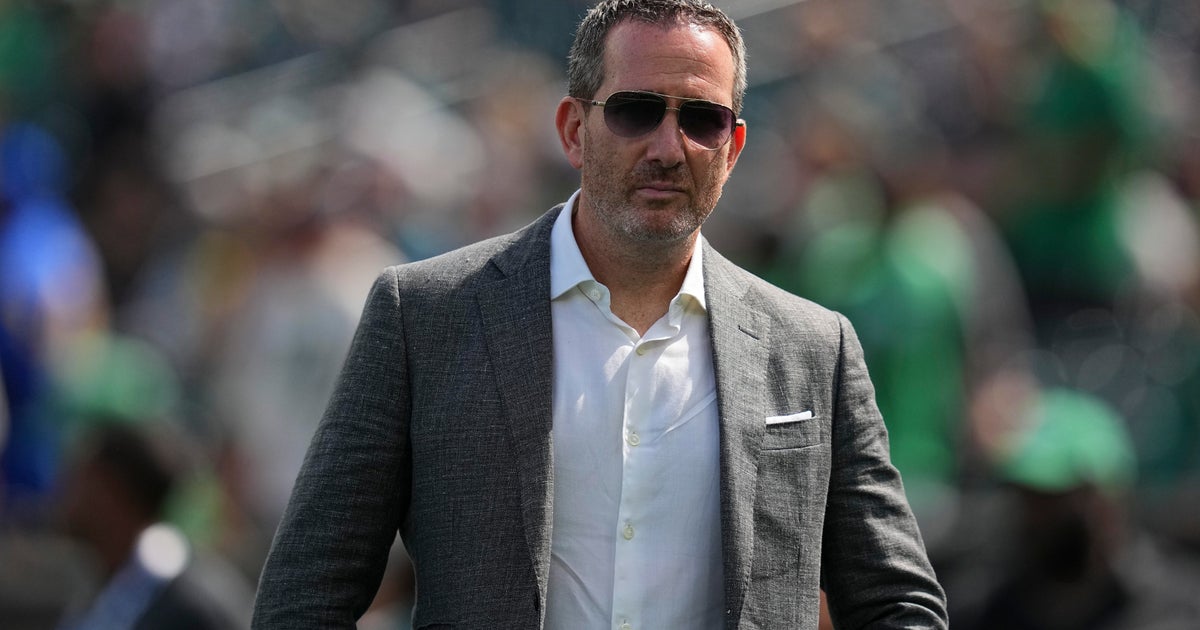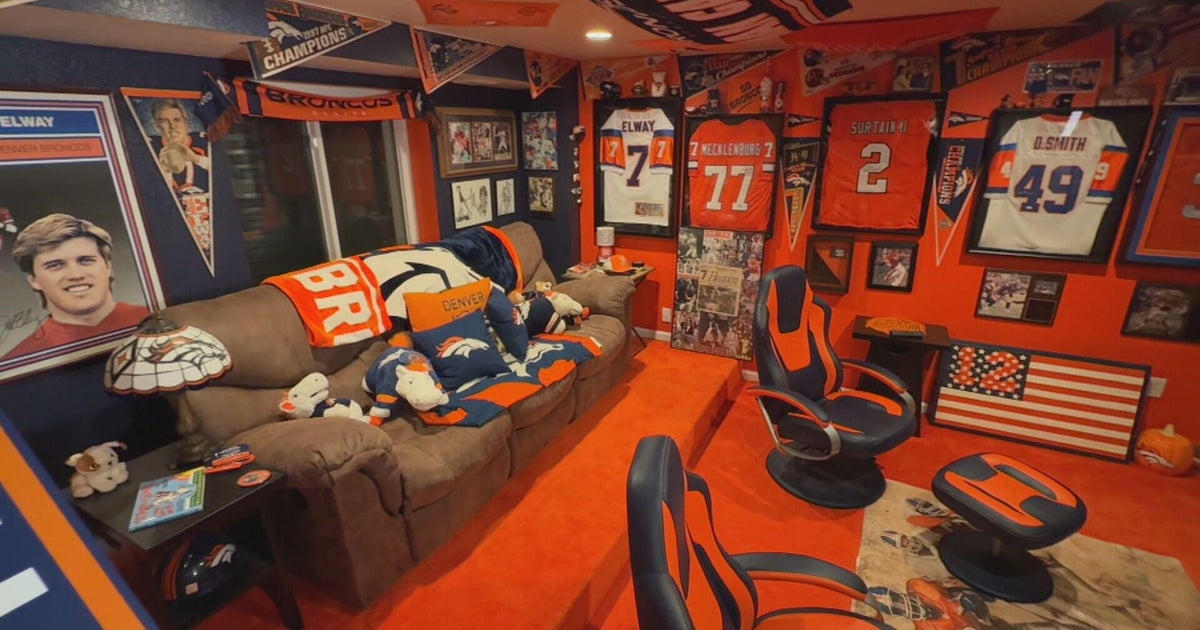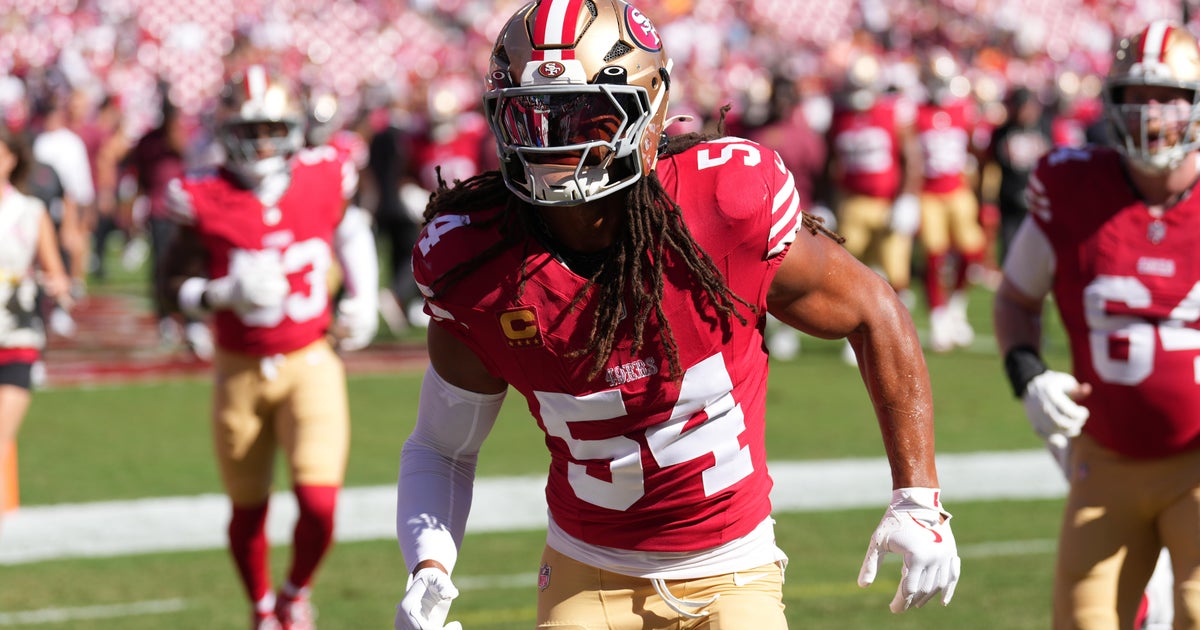NFL Moves 2021 Super Bowl To Tampa Bay From LA
CHICAGO (AP) — The 2021 Super Bowl has been moved by the NFL from Los Angeles to Tampa.
Five days after the opening of the $2.6 billion football stadium in Inglewood, California was pushed back to 2020 because of construction delays caused by Los Angeles' uncommonly wet winter, league owners approved the move Tuesday. Owners voted unanimously to give the February 2021 game to Tampa and have the Rams' and Chargers' new home host the 2022 Super Bowl.
The NFL would have needed to waive a rule that prohibits a Super Bowl being played at a stadium before it has hosted two full regular seasons. Instead, it chose to move the game to Tampa, runner-up to Los Angeles in the bidding.
"Our focus in this process is this building should host multiple Super Bowls over many generations, and we need to make sure we deliver a building that is an exceptional, Super Bowl-quality building," Rams chief operating officer Kevin Demoff said last week. "Our focus is more on the caliber of building than the exact year of the Super Bowl."
Earlier, the NFL showed it wants to bring back a little bit of Broadway back to an end zone near you next season.
After years of limiting how —and how much — players could celebrate following touchdowns, the league decided to loosen up its rules, allowing players to again use the football as a prop,celebrate as a group and roll around or flap their arms like snow angels on the ground again if they choose.
In an email from Commissioner Roger Goodell sent to fans in an effort to deliver "a more exciting game experience," the commissioner said the new guidelines came after conversations with more than 80 current and former players.
Asked whether he celebrated the new guidelines approved at Tuesday's spring meetings, Goodell laughed.
"I did," he said. "I can't tell you how."
Goodell said the moniker "No Fun League" had been thrown around since he was an intern in the league office. He welcomed the looser guidelines, also endorsed by Falcons President Rich McKay, who heads the NFL competition committee.
"The pendulum had swung a long way" in restricting players too much, McKay added.
The league, however, will continue to penalize any celebration deemed offensive or in bad taste, including those that embarrass opponents or mimic the use of weapons. If celebrations are deemed a violation by on-field officials, players could still be penalized under existing unsportsmanlike conduct and taunting violations, as well as fined.
"Everybody has a different idea where the line is," the commissioner said.
There is no set time limit on how long such celebrations can continue. But the league is placing an emphasis on speeding up the pace of games. The 40-second play clock will begin once an official signals a touchdown and teams will have to snap the ball for their extra-point play at the end of the clock.
League officials will review celebrations during the preseason and anticipate providing guidance as the regular season progresses. Former player Jon Runyan, who is in charge of on-field disciplinary actions, will hear any appeals for players.
"I actually think it will be easier" for officials to determine which celebrations are appropriate, said Alberto Riveron, the league's new senior vice president for officiating. "But some things will still be open to interpretation."
